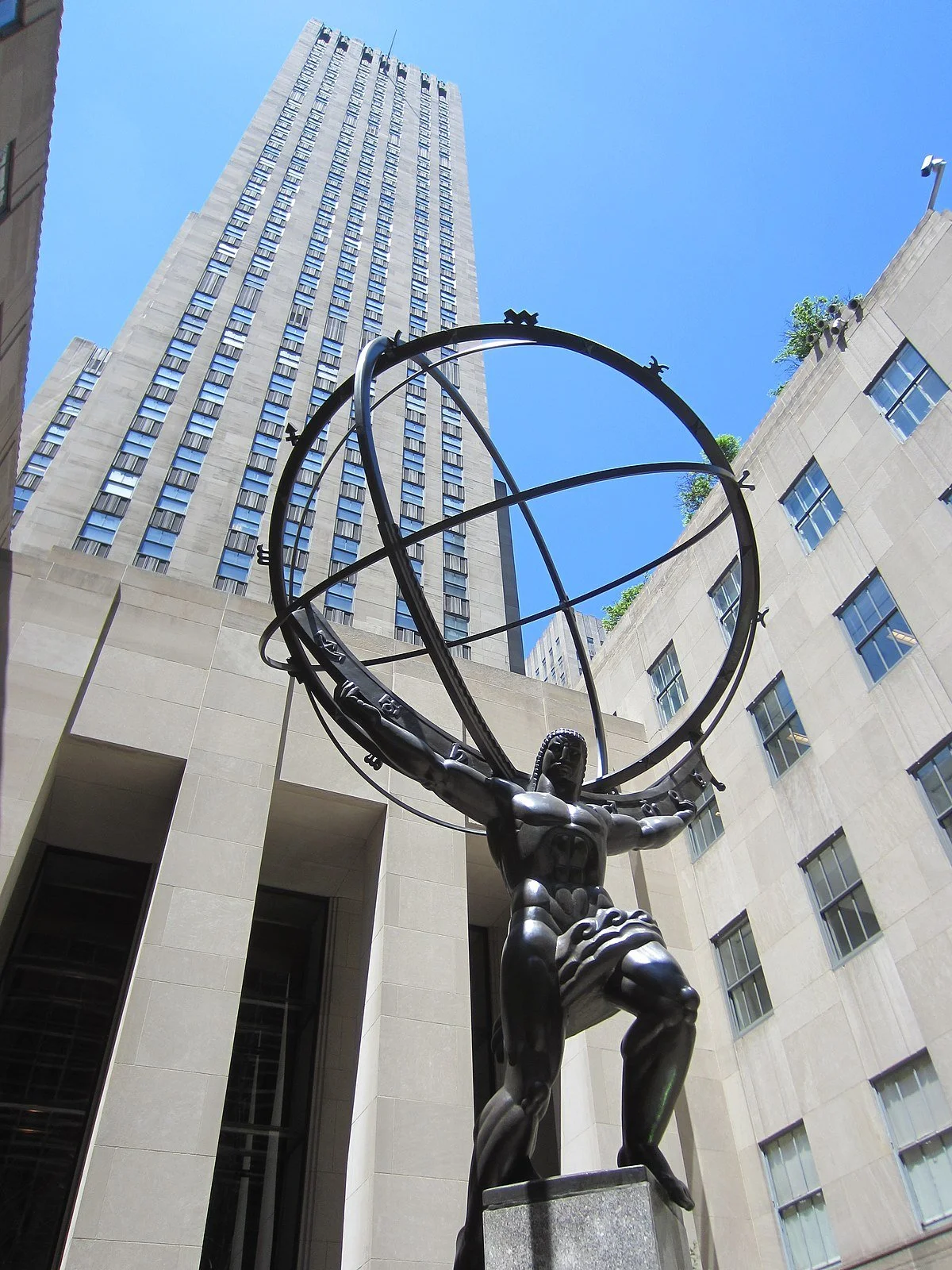You Can’t Spell Beatitude Without AI
Adapt or perish, now as ever, is nature's inexorable imperative. —H.G. Wells
Above: Surf, swim, or sink? The choice is yours.
In the not so distant future, the vast majority of our coworkers may be powered by circuit boards, not circulatory systems.
At least that's the tomorrow Shopify Founder and CEO Tobi Lütke envisions in an internal letter he recently shared. Though worth a read in full, the below stands out:
Before asking for more Headcount [sic] and resources, teams must demonstrate why they cannot get what they want done using AI. What would this area look like if autonomous AI agents were already part of the team? This question can lead to really fun discussions and projects.
Holy Skynet!
In Tobi’s words: “Reflexive AI usage is now a baseline expectation at Shopify.”
Translation? Using Artificial Intelligence is now the rule, not the exception.
Given Shopify is near-always ahead of the curve (in January 2023, COO Kaz Nejatian announced a “meeting purge” and cancelled all Shopify meetings with more than two people), other sectors, verticals, and industries stand to inevitably follow suit.
Investment firm Titan goes further:
This marks a potential turning point for how companies view labor…[W]e may be entering an era where “proof of irreplaceability” becomes the new hiring standard. This mindset shifts the pressure from HR departments to product teams and middle managers, who now have to treat AI not just as a tool, but as a gatekeeper for headcount. As generative tools get more capable and budgets stay tight, this approach could become a default setting across tech. The future of work might not revolve around building bigger teams — but deploying smarter systems with fewer hands.
Though the water cooler chitchat might be a bit more artificial and the office much more electric (I'll see myself out now), this bodes well for efficiency, efficacy, and productivity. After all, we mere mortals cannot compete with metallic brethren that are unfathomably smarter, faster, cheaper, and better. Per 80,000 Hours:
People say AI will be transformative, but few really get just how wild it could be.
Here are three types of explosive impact we might see, which are now all supported by substantially more empirical research than before:
The intelligence explosion: It might only take a few years from developing advanced AI to having billions of AI remote workers, making cognitive labour available for pennies.
The technological explosion: Empirically informed estimates suggest that with sufficiently advanced AI 100 years of technological progress in 10 is plausible. That means we could have advanced biotech, robotics, novel political philosophies, and more arrive much sooner than commonly imagined.
The industrial explosion: If AI and robotics automate industrial production that would create a positive feedback loop, meaning production could plausibly end up doubling each year. Within a decade of reaching that growth rate, humanity would harvest all available solar energy on Earth and start to expand into space.
The chance of building powerful AI is unusually high between now and around 2030, and declines thereafter. This makes the next five years especially critical…
[I]f transformative AI emerges in the next five years, you'll be part of one of the most important transitions in human history. If it doesn't, you’ll have time to return to your previous path, while having learned about a technology that will still shape our world in significant ways.
I find this as exciting as it is unnerving. As it turns out, Artificial Intelligence is aptly named; this Cambrian explosion feels both inhuman and unnatural.
As I wrote in Remembrance of Tasks Past:
I worry about what this means for our work and worth in light of how “What do you do?” tends to follow fast behind “What's your name?” or “Nice to meet you” in most introductory conversations. We would do well to prepare accordingly.
Author Sidney Sheldon once wrote, “A blank piece of paper is God's way of telling us how hard it is to be God.”
If blank pieces of paper go the way of the dodo in a world of continuous, artificial intelligence, industry, progress, how will human beings make their mark?
The White Collar Worker is dead. Long live the Newfangled Worker!
If this all feels overwhelming, it is because it very much is overwhelming.
When personally overwhelmed, I turn to prayer grounded in my Catholic faith.
Often, I find myself drawn to the Beatitudes. Recounted by Jesus during the Sermon on the Mount, these eight lessons offer concrete insight into how to live a good life.
They provide a refreshingly simple framework to help make sense of a Catechism that runs nearly a thousand pages.
As with faith, so too the future.
Inspired by this example, I began to wonder: might a similar framework help us navigate the age of artificial intelligence?
After all, you can’t spell Beatitude without AI.
Thus, the AI Beatitudes were born.
Blessed are the rich in experience, for their senses cannot be simulated.
Blessed are those who synthesize, for they will see signal instead of noise.
Blessed are the prompters, for they will inherit the output.
Blessed are those who retain their humanity, for they will be the system’s soul.
Blessed are the adaptable, for they will never be obsolete.
Blessed are the empathetic, for they will connect more than code ever could.
Blessed are the tastemakers, for they will dictate culture.
Blessed are the curious, for theirs is the future.
I end with a closing prayer to guide us as this Brave New World fast approaches. The beautiful words of Saint Brendan come to mind:
Help me to journey beyond the familiar and into the unknown. Give me the faith to leave old ways and break fresh ground with You.







